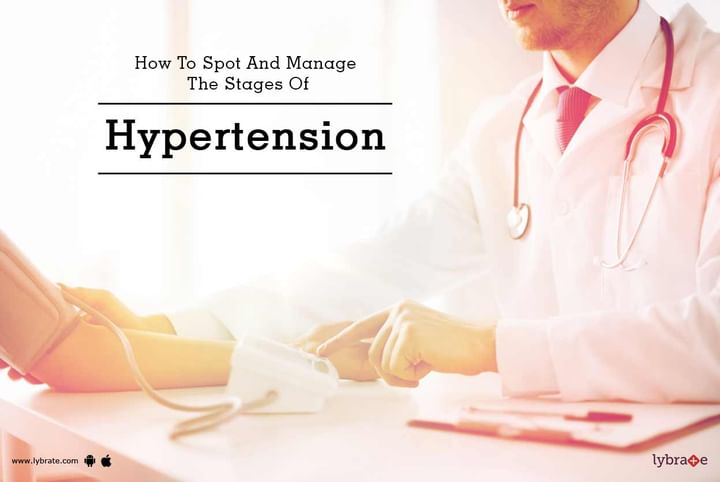How To Spot And Manage The Stages Of Hypertension
Hypertension or high blood pressure is measured by a ratio (systolic/diastolic) which is 120/80 mm hg in the normal range. Hypertension occurs when the ratio is higher than this.
Different stages of hypertension:
Stage 1
Stage 1 hypertension occurs when the systolic number ranges from 130-139 mm hg, and/or the diastolic number ranges from 80-89 mm hg.
Stage 2
Stage 2 hypertension occurs when the systolic number is 140 or higher, and/or the diastolic number is 90 mm hg or higher.
Negative impact of hypertension
Hypertension can cause damage to vital organs, including the brain, kidneys, liver, etc. People suffering from it are more likely to develop alzheimer's, heart disease, and have strokes.
Treatment plan for hypertension
Fortunately, hypertension can be controlled through lifestyle changes, medication, or their combination. Doctors place a heavy emphasis on lifestyle changes to control hypertension.
Ways to reduce hypertension without medication include:
Regular exercise
This is one of the best natural remedies for lowering high blood pressure. Exercising regularly strengthens the heart muscles hence, making it more efficient at pumping blood, which naturally lowers hypertension.
Eat less salt
Salt intake is very high worldwide and is a leading cause behind high blood pressure. Also, people consume a lot of processed food, which contains high amounts of sodium.
Eat foods high in potassium
Higher potassium consumption helps the body filter out sodium therefore, lowering blood pressure. The key is in consuming fresh foods including - vegetables (leafy greens, tomatoes, and tuber vegetables), fruit, (bananas, melons, avocados, oranges, and apricots), dairy products, tuna and salmon, nuts, and beans.
Cigarettes increase your blood pressure for many minutes after you finish. People who quit smoking, have a substantial increase in life expectancy.
Reduce caffeine intake
Although the effects of chronic caffeine ingestion on blood pressure aren't clear, the possibility of a slight increase in blood pressure still exists.
Manage your stress
Chronic stress is a major contributor to high blood pressure. Find out what makes you feel stressed and consider ways to eliminate or reduce stress.
Regularly check your blood pressure and see your doctor
Monitoring can help you in keeping a tab on your blood pressure, and can ensure that your lifestyle changes are working.


+1.svg)
